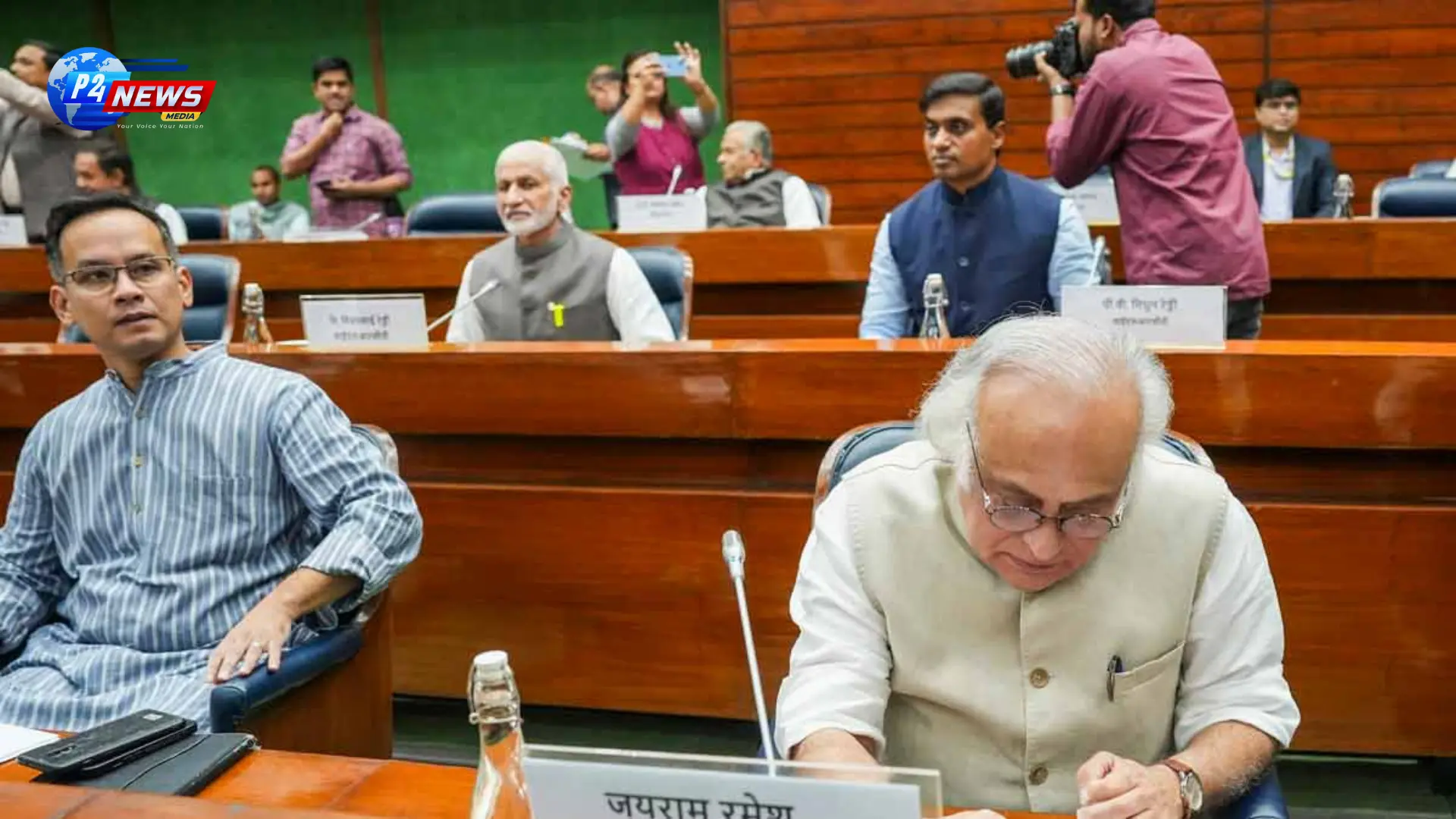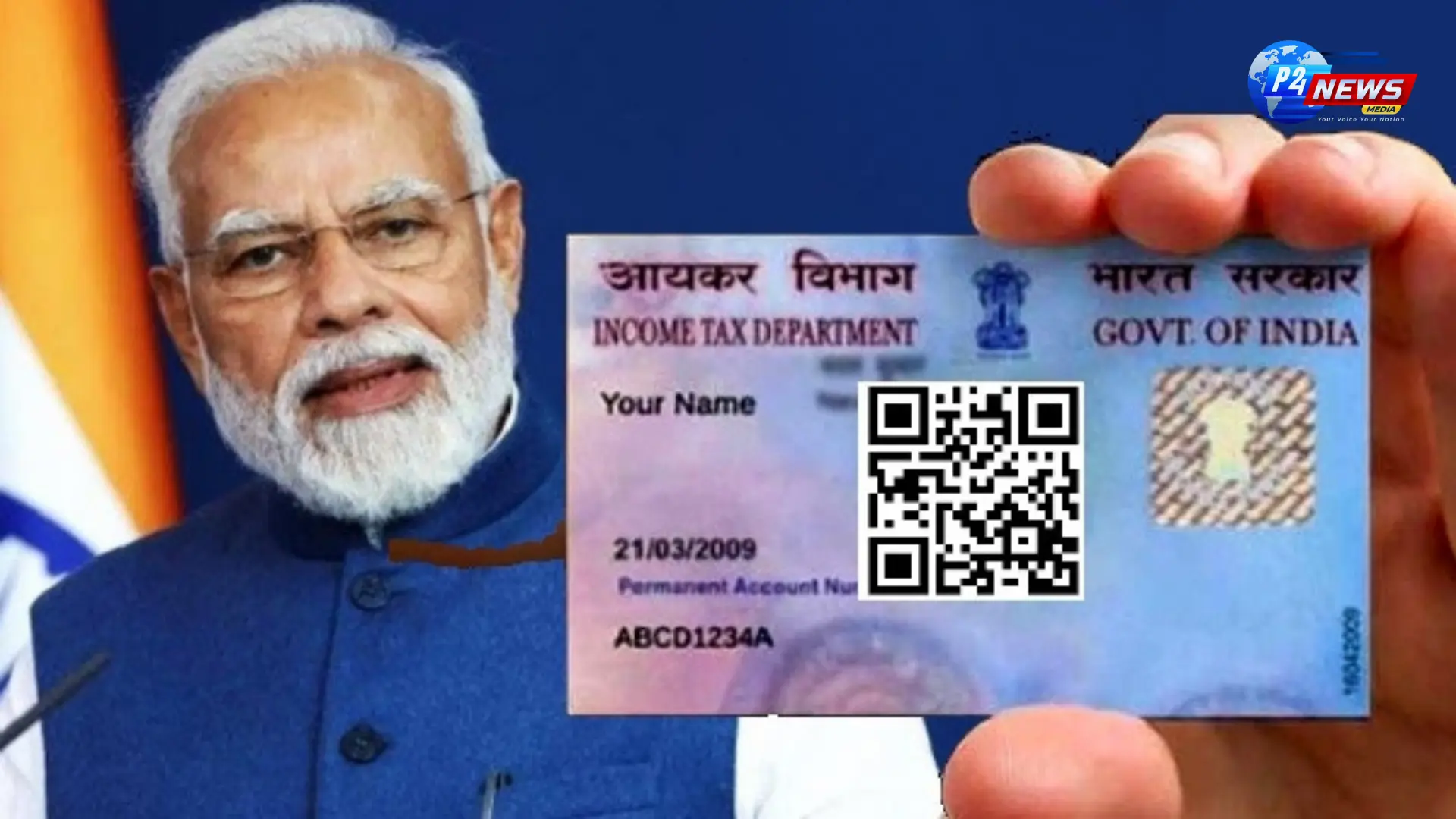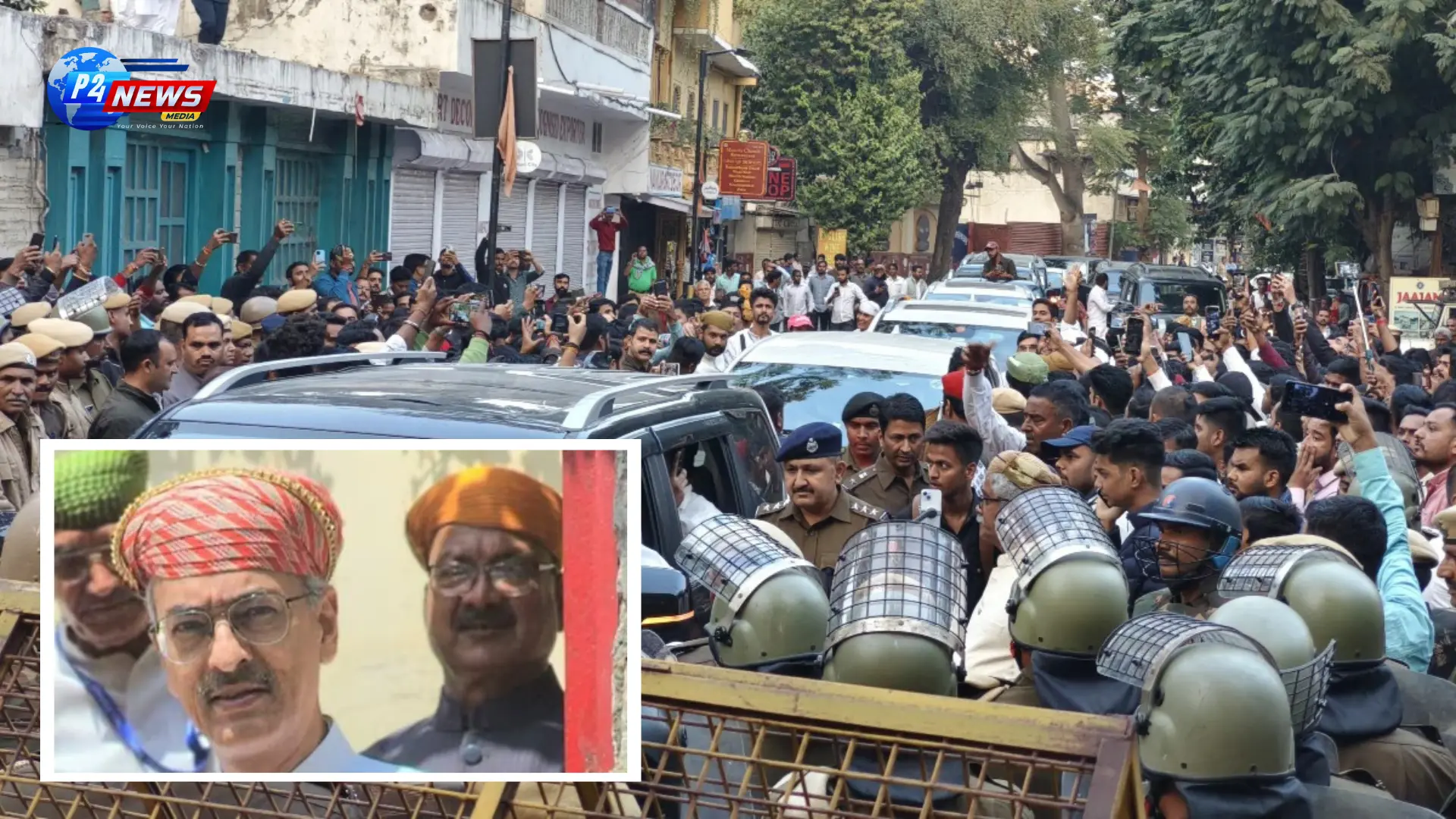The opening day of the winter session of Parliament was overshadowed by opposition calls for adjournment over bribery allegations against the Adani Group. While the Congress-led opposition emphasizes this issue, there's growing interest among parties to address pressing concerns, including inflation and unemployment.
The first day of the winter session of Parliament was marked by significant disruptions, as members of the Congress-led opposition forced both Houses to adjourn in light of serious bribery accusations against the Adani Group. While the debate surrounding these allegations took center stage, there seemed to be a shifting focus among various constituents of the INDIA alliance towards other urgent matters.
A senior Congress official indicated that the party is unlikely to advocate for a complete washout of the entire session over the Adani issue, recognizing that several other pressing topics are equally deserving of attention.
The Trinamool Congress convened its national working committee meeting, identifying six critical areas for focus in the winter session, notably excluding the Adani controversy. Among the prioritized issues were price inflation, unemployment, the lack of PM Awas funds for West Bengal, and ongoing violence in the Northeast, particularly in Manipur, as conveyed by
TMC spokesperson Chandrima Bhattacharya. The political landscape is undoubtedly influenced by the recent election outcomes in Maharashtra, where analysts believe that the results may have implications for the Congress's bargaining position with its allies. It appears the TMC is establishing its own agenda, indicating a reluctance to align closely with Congress's strategies in the parliamentary domain
. With a number of state elections approaching in the next two years, regional parties are likely to prioritize their own issues in the run-up to the polls. This complexity in political dynamics raises questions about the future coherence of the INDIA alliance, as each party navigates its individual interests in a rapidly changing environment. Amid these discussions
, Congress's parliamentary strategy group convened under party president Mallikarjun Kharge. Following the meeting, Congress's general secretary for communications, Jairam Ramesh, emphasized a range of critical issues that need to be addressed, including the Modani scam, tensions in Manipur, and social polarization. Ramesh reiterated Congress's commitment to pursuing the Adani issue and insisted on the necessity for a Joint Parliamentary Committee (JPC) investigation, especially following recent revelations from the United States indictments linking Adani Group companies to a bribery scandal involving Indian officials.
The allegations suggest that these companies were part of a scheme to facilitate significant financial gains in exchange for favorable energy supply agreements, which has muddied the waters for the multinational entity and intensified scrutiny surrounding its operations. As parliament reconvened mid-morning, Chairman Jagdeep Dhankhar acknowledged receiving multiple adjournment notices related to the corruption allegations. Notably, several other opposition members put forth notices addressing a variety of pressing concerns, including violence in Manipur and localized disputes over resources in Uttar Pradesh.
However, as the chairman disallowed the notices, the tension in the House escalated, which led to subsequent adjournments despite pleas for constructive dialogue. Lok Sabha Speaker Om Birla highlighted the importance of meaningful communication among members, advocating for debates reflecting the constitutional values established by the framers of the Constitution. Amidst this political turmoil, the opposition's insistence on raising the Adani issue might resonate louder in the coming days, as underlying economic challenges persist. The juxtaposition of the Adani topic with other urgent issues presents a complex landscape for dialogue and debate in the upcoming sessions of Parliament.
















Comments 0